
By Erica Apeatua Addo, GNA
Tarkwa (W/R), March 28, GNA - The government is collaborating with the global fund to construct a modern infectious disease hospital at Nsawam in the Eastern region.
The one-million-dollar facility, expected to be completed next year, would handle the menacing threat of multi drug resistant Tuberculosis and other emerging infectious diseases.
Dr Anthony Nsiah Asare, Director General, Ghana Health Service, announced this in Tarkwa when he read a speech on behalf of Mr Kwaku Agyeman Manu, the Minister of Health, at the world TB day celebration.
The theme for this year's celebration was “United to End TB”.
He said the treatment of TB and diagnostic services with modern equipment had increased to about 60 percent of the total number of districts nationwide; a plan to mobilise resources to expand coverage to the entire country.
The Minister said so far, the scope of interventions implemented had covered successful engagement of civil society and private providers, the deployment of over 113 new diagnostic Gene Xpert machines, digital x-ray equipment and hearing aid.
He said the ministry in collaboration with the Ghana Health Service and the National TB control programme had successfully engaged other private providers and restricted access to anti-TB drug in the country to prevent the development of drug resistance TB.
“This successful approach without legislation is serving an example and a model that is currently being considered for others to follow worldwide.” he noted
Dr. Frank Bonsu, the National TB Control Programme Manager, indicated that Tarkwa and Obuasi were the epicenters for TB epidemic in Ghana, owing to intense mining activities that attracted migrant workers across the country.
He said the situation had changed and the disease was generally affecting every region, district and community.
In 2016, Dr Bonsu explained that, the nation recorded 14,632 new TB cases.
He said since 2011, the annual number of reported TB cases had declined gradually from approximately 16,000 to a little above 14,000 presently.
“This is not a cause for celebration, because a prevalence survey conducted by the national TB control programme in 2013 showed that the TB burden in the country was much higher than previously estimated,” he explained
On the successes of TB treatment, he said his outfit had recorded 87 percent with three percent short of the national treatment success of 90 percent.
In spite of technical and logistics challenges in supporting patient care, Dr Bonsu said Greater Accra, Northern, Brong Ahafo and Western regions performed above the TB treatment success of 90 percent.
Dr Bonsu noted that stigma was another formidable emery, but that with the leadership being provided by the national TB ambassador, Nana Prah Agyensiam IV, they would unite to overcome it.
Dr Badu Sarkodie, Director of Public Health, Ghana Health Service, noted that TB was a curable disease spread through the air when an infected person coughs and does not cover his mouth; and therefore debunked the allegation that TB was spread through spiritual means.
He encouraged people who have been coughing persistently to seek medical attention for free diagnosis and free treatment for the entire treatment period.
Dr Owen Kaluwa, World Health Organization (WHO) representative to Ghana, said the country needed to take the fight against TB to the next level by harnessing the power of innovation.
He said experts were now looking at innovative approaches such as using digital technologies like, telemedicine, and mobile health to achieve more coverage.
For instance, "digital x-rays can be mailed, allowing for remote support and real-time reporting as cases are being diagnosed".
He said some African countries were already using mobile phones and devices for recording and reporting case notifications, adding this was more efficient way to treat patients on time, and track those who had not shown up for appointments.
GNA
Read Full Story
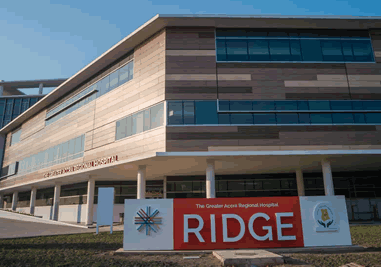



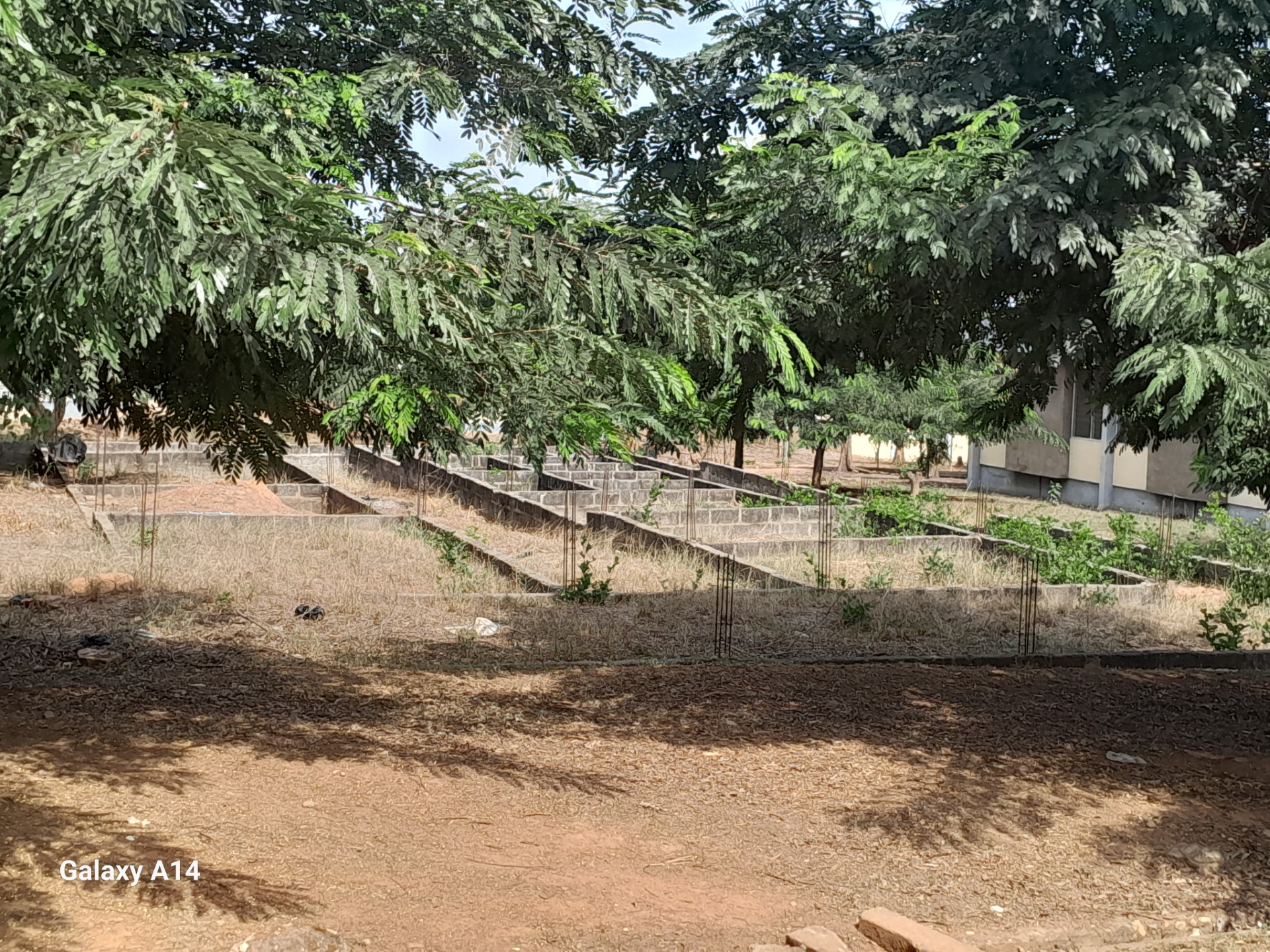



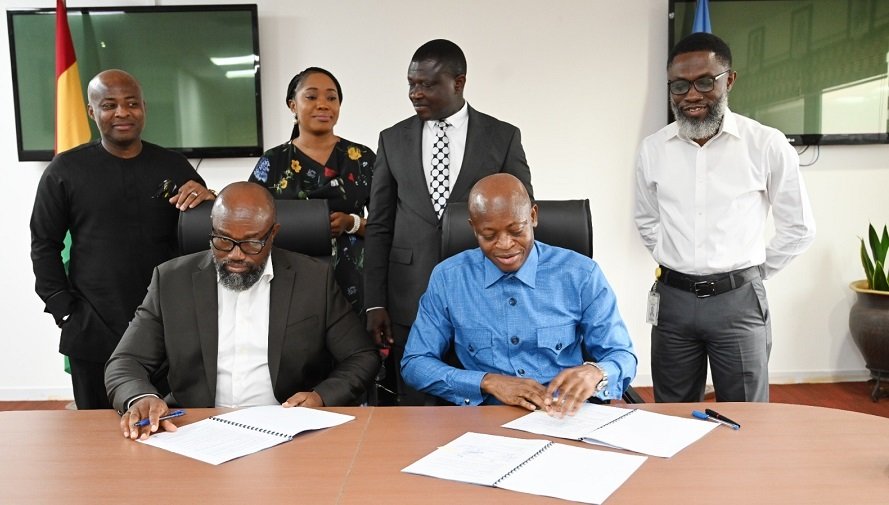

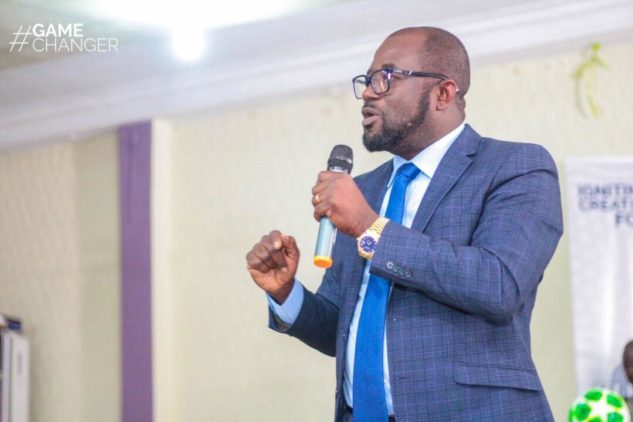



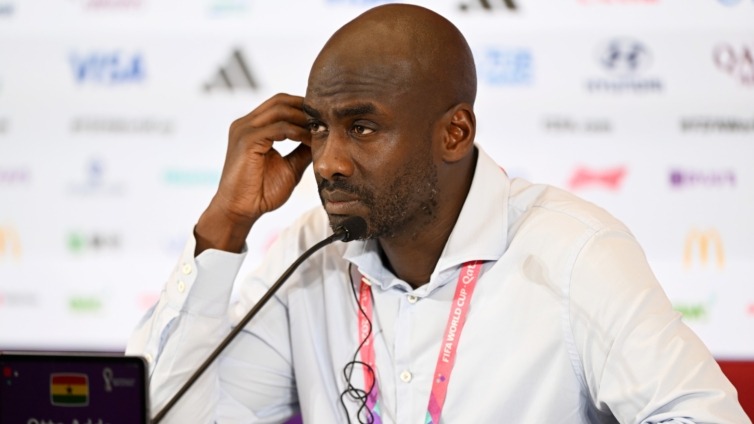
Facebook
Twitter
Pinterest
Instagram
Google+
YouTube
LinkedIn
RSS